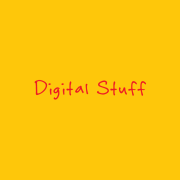Don’t Say It. Do It. ACT.
How often have you heard a friend, family member, or co-worker say they are going to do something?
“I am going to lose weight.”
I’ve said this for the past year, while gaining (as of now) eight pounds. Weight, like clutter, fluctuates. We need to act consistently to lose weight and keep it off. Two of the biggest contributors to my weight gain are food intake (type of foods and amount consumed) and physical activities. After being too physical while playing basketball and bike riding, I hurt myself. I needed a walker after the first injury in October. The second, in January scared me. I vowed to do what it takes to gain greater strength, stability, and flexibility. I am making progress. It is painfully slow! I’m working up to another hike in the Sierras. (Last summer, I walked 13+ miles above 10,000′ elevation.)
“I am going to clear the mess on my desk.”
As I’ve written before, having a clean desk is an ongoing process. After all, you work at your desk. There will be paperwork and other stuff. I place paperwork, books, and more on my desk. When I get busy with something else or take a short trip, if I neglect the paperwork for long, it reproduces. Before it grows into a pile of overwhelming paperwork (POOP), I dig in and clear the clutter.
“I am going to read more books.”
Much of my accumulated possessions over a 41-year career, consists of paperwork and books. As I take steps to clear the clutter, I’ve internalized one valuable lesson. Do not bring home more stuff. Don’t subscribe to anything. Don’t buy any books. (I bought one earlier this year to read and review it for my other website.) Get rid of the stuff I have, first. I’ve been good about letting go. With all the reading I do online, I manage to finish reading about one book a month. I usually take notes and then place the book in a box to give-away. Earlier this year, I let go of one box filled with books that I read last year and ones I had no intention of reading.
The To-Do List goes on.
“I plan to watch less TV.”
“I plan to build my side-business on my days off.”
What happens?
Usually, nothing.
Why?
Because research shows that our brains consider the words we’ve spoken as if we’ve taken steps toward achieving the goal.
But have we?
No, we have only expelled warm air from our lungs through meaningless words.
Talking about doing something is not the same as doing it.
Last week, Eric advised, Trust Yourself to Declutter. Part of the STUFF acronym to Start, Trust, Understand, Focus, and Finish.
For our words to be meaningful, we must ACT.
Act (in order to)
Complete (the)
Task
After you have accomplished the task, it will no longer occupy your thoughts. You will not suffer seeing it undone. You don’t have to reschedule it anymore. In fact, you don’t have to even talk about doing it.
Why?
Because it’s DONE.
You ACTed.
How do you feel?

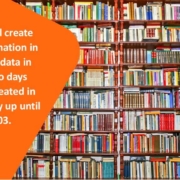 Slideshare by Курьерская Служба Украины
Slideshare by Курьерская Служба Украины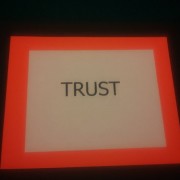
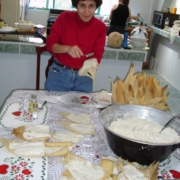
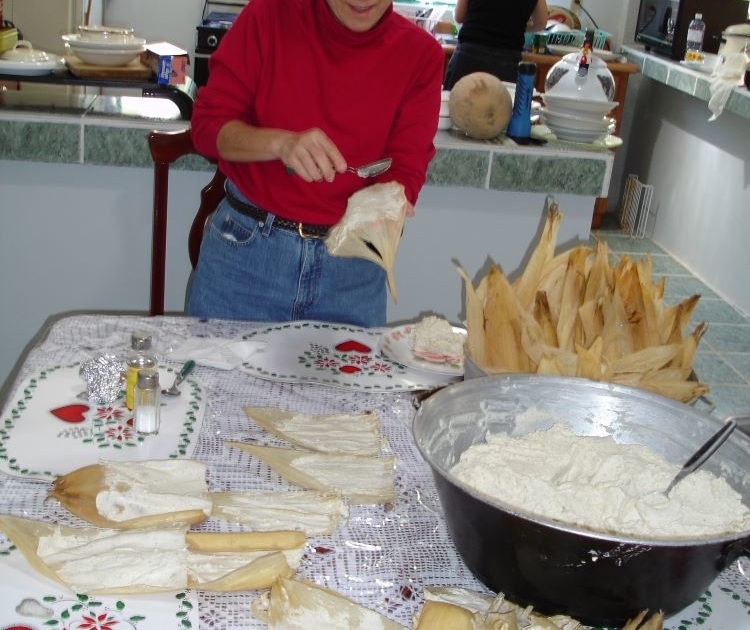 While I have no desire yet to relive the long-cold-winters of my Midwestern formative years, I hold two impressionable memories. I read about both in books during elementary and junior high school and had to relive them in my adult years. As a youth, I was fascinated by stories of Mexican families gathering during the holidays to make tamales. During Christmas of 2006, while in Mexico, I made tamales with friends who became family. The second, I will realize next month when I go whale watching. I hope to spot the elusive blue whale along California’s coastline. Realistically, I may barely see enough of the whale to appreciate the illustrated images imprinted in my mind from the book I read almost a half-century ago. “Eskimo families hunt together” and then share the whale for food, clothing, and heating oil.
While I have no desire yet to relive the long-cold-winters of my Midwestern formative years, I hold two impressionable memories. I read about both in books during elementary and junior high school and had to relive them in my adult years. As a youth, I was fascinated by stories of Mexican families gathering during the holidays to make tamales. During Christmas of 2006, while in Mexico, I made tamales with friends who became family. The second, I will realize next month when I go whale watching. I hope to spot the elusive blue whale along California’s coastline. Realistically, I may barely see enough of the whale to appreciate the illustrated images imprinted in my mind from the book I read almost a half-century ago. “Eskimo families hunt together” and then share the whale for food, clothing, and heating oil.